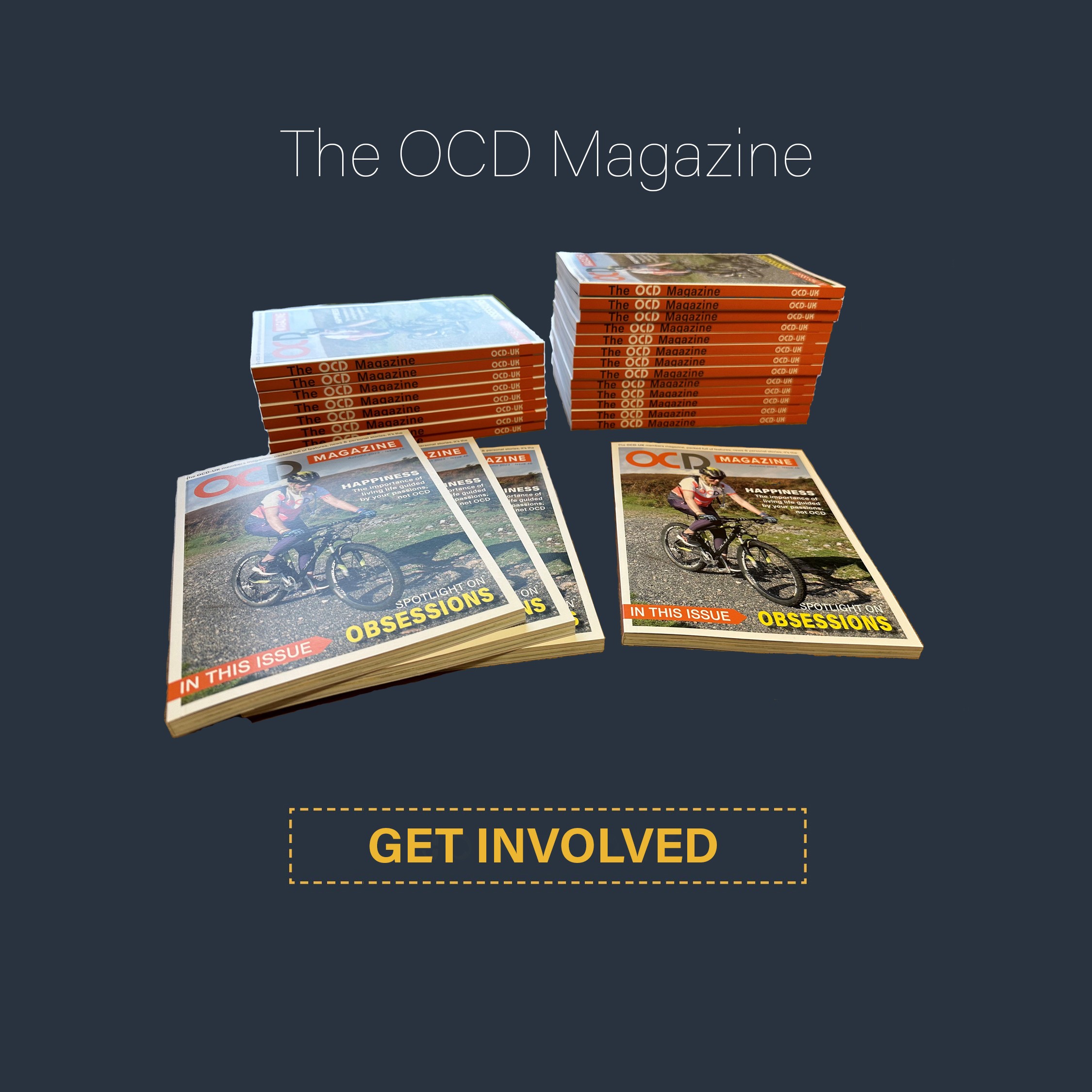This study has been reviewed, and approved, by University of Manchester, University Research Ethics Committee 2 (UREC2) (ref: 2023-17286-30949). The ethics board can be contacted by emailing urec2@manchester.ac.uk
OCD Research
Research plays a significant role in helping us better understand Obsessive-Compulsive Disorder and to further develop evidence-based treatments available for people living with OCD.Whenever we are approached by a researcher we carry out our own due diligence, we have a duty to you our supporters, to protect your rights, dignity, well-being, valuable time and, of course safety. We ask questions of the research project and review thoroughly before we promote the research on our website. OCD-UK believes this policy on being selective in the research we promote ensures our supporters can have confidence in participation of this research listed below.
You can read our full policy on research promotion here.
Understanding young people’s experiences of their early obsessive-compulsive signs emerging at 4-10 years
Summary
My name is James and I am conducting research with Dr Ming Wai Wan and Dr Rebecca Pedley in part fulfilment of a PhD at the University of Manchester. We would like to hear from you in order to understand your experiences of what may be considered as early obsessive compulsive styles of thinking and behaviour. I am looking to speak to people with OCD who are currently aged between 18-22 years old and started to show signs of OCD between the ages of 4 and 10.
What is the purpose of the study?
For some individuals with OCD, while diagnosis is a struggle over many years, they already noticed certain signs in the early years of life that OCD might be emerging. Sometimes, these signs were noticed by family members, and sometimes you might have felt them within yourself. Research in child mental health shows that early prevention is most effective, so this research seeks to gain a better understanding of the early signs of OCD. The purpose of this research is to carry out interviews to understand these early stages from the young person’s experience when they speak retrospectively. This interview would be based on previous experience from when you were between the ages of 4 and 10.
What will participants be asked to do?
Taking part would involve a 45-60 minute confidential interview. There are also 3 questionnaires which will take a total of 30-45 minutes to complete. These can either be completed online or on paper. The total duration of participation in the study (interview + questionnaires) is expected to be between 1 hour and 15 minutes and 1 hour and 45 minutes. I will be speaking to people about the signs which they showed between the ages of 4 and 10 and the impact which these signs had on their family.
Further information
To find out more and take part, please click this link or contact James (the project researcher) at james.dilks@postgrad.manchester.ac.uk or by calling 0161 2755223.
























